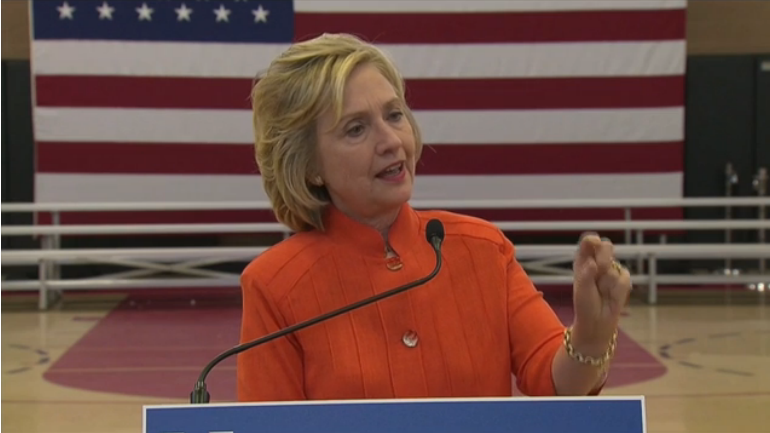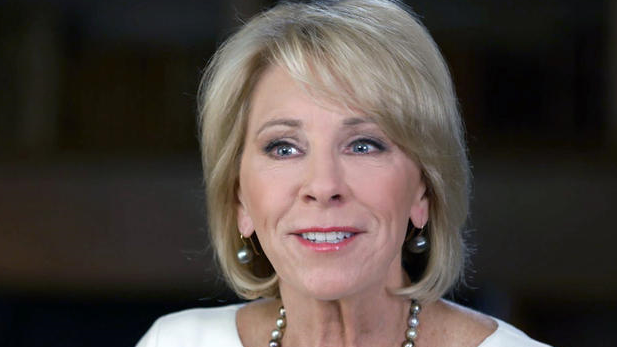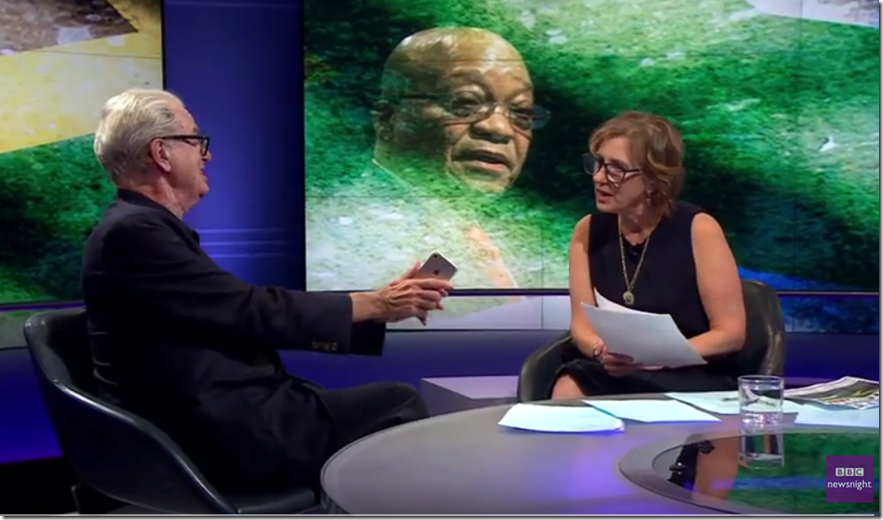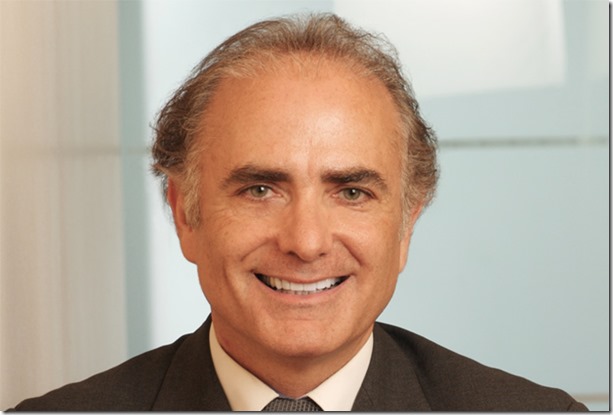August 2015: The Worst Video Media Disaster
Back in March, Hillary Clinton defended her use of a personal server and email account for emails she wrote and received while Secretary of State by saying, “I thought it would be easier to carry just one device for my work and for my personal emails instead of two.”
Many people believed her rationale strained credulity, concluding that Clinton didn’t want her work-related emails to become part of the public record prior to a possible presidential run. As reporter Taylor Wofford wrote in Newsweek:
“Had Clinton used a State Department address for email, her communications would presumably be subject to the Freedom of Information Act. They could then be requested by journalists or other members of the public. However, since Clinton used a private server, which is not subject to the FOIA, journalists won’t be able to request them.”
Her springtime press conference failed to quell her crisis; if anything, the suspicion around her email practices has grown since then, confirming for many a narrative about her lack of transparency. In recent weeks, she has offered legalistic and shifting explanations to guard against the accusation that she shared or received classified information through her personal email account and server. Her explanations may have merit—but as the old PR expression goes, if you’re defending, you’re losing.

The media have noticed, providing Clinton with increasingly critical press—and that’s having a major impact on how voters perceive her. As Chris Cillizza wrote in The Washington Post, “Only one in three voters in the three largest swing states in the country think that the overwhelming favorite for the Democratic nomination is honest and trustworthy.”
Given that Clinton has been fighting these accusations for several months, one would have thought that she would have been prepared to answer predictable questions about them during her recent press conference on August 18th. She wasn’t.
Mr. Henry: Answer the question. Did you try to wipe the whole server? You didn’t answer the question.
Mrs. Clinton: I don’t. I have no idea, that’s why we turned it over.
Mr. Henry: You were the official in charge of it. Did you wipe the server?
Mrs. Clinton: What? Like, with a cloth or something?
Mr. Henry: I don’t know. You know how it works digitally.
Mrs. Clinton: I don’t know how it works digitally at all. I do not have any…
Mr. Henry: So you didn’t try? You did not try?
Mrs. Clinton: Ed, I know you want to make a point and I can just repeat what I have said.
Mr. Henry: It’s a simple question.
Again, she had at least five months to prepare for those questions. It’s impossible for me to believe that, given the threat this story poses to her campaign, she doesn’t know the answer to Mr. Henry’s straightforward question. (If she truly doesn’t know the answer to it, that would be concerning as well—one would hope any presidential candidate enduring a similar crisis would have enough curiosity to have sought out that answer for herself.)
In this exchange, Clinton used sarcasm, feigned ignorance, and gave an exasperated shrug. The kindest explanation is that Clinton is bothered by what she sees as a baseless partisan attack. If that’s the case, her responses to Henry’s valid questions did more to confirm the validity of the accusations than to effectively rebut them. Clinton should remember that many voters are forming judgments based on perception, not facts—and through her sarcastic non-answers, she is giving them ample reason to believe she’s not being completely frank.
Some politicians have the gift of being able to offer a sarcastic riposte without conveying annoyance or disdain. Clinton isn’t one of them. (I don’t have that ability either, which is why I’ve learned to contain my sarcasm when I’m truly annoyed.) Her ad-libbed attempt at humor (“Like, with a cloth of something?”) backfired badly, becoming an easily mockable sound bite.
In an election cycle that has been anything but predictable (six months ago, who saw Donald Trump getting into the race, much less dominating polls nationally and in battleground states?), it’s difficult to know how much any of this will matter by the time voters cast their ballots. But Democratic nervousness about her candidacy, an increasingly critical press corps, and rumors about Joe Biden entering the race can’t be the kind of coverage Clinton was hoping for this late into the summer.
Don’t miss a thing! Click here to instantly join our mailing list and receive the best of the blog twice each month.


